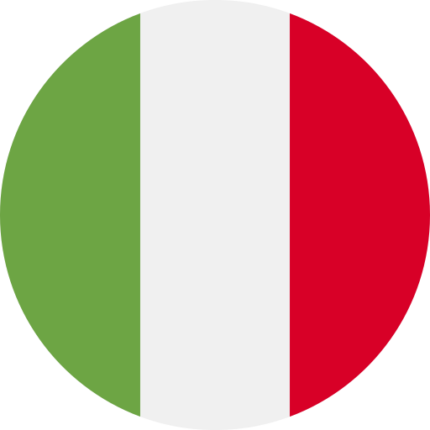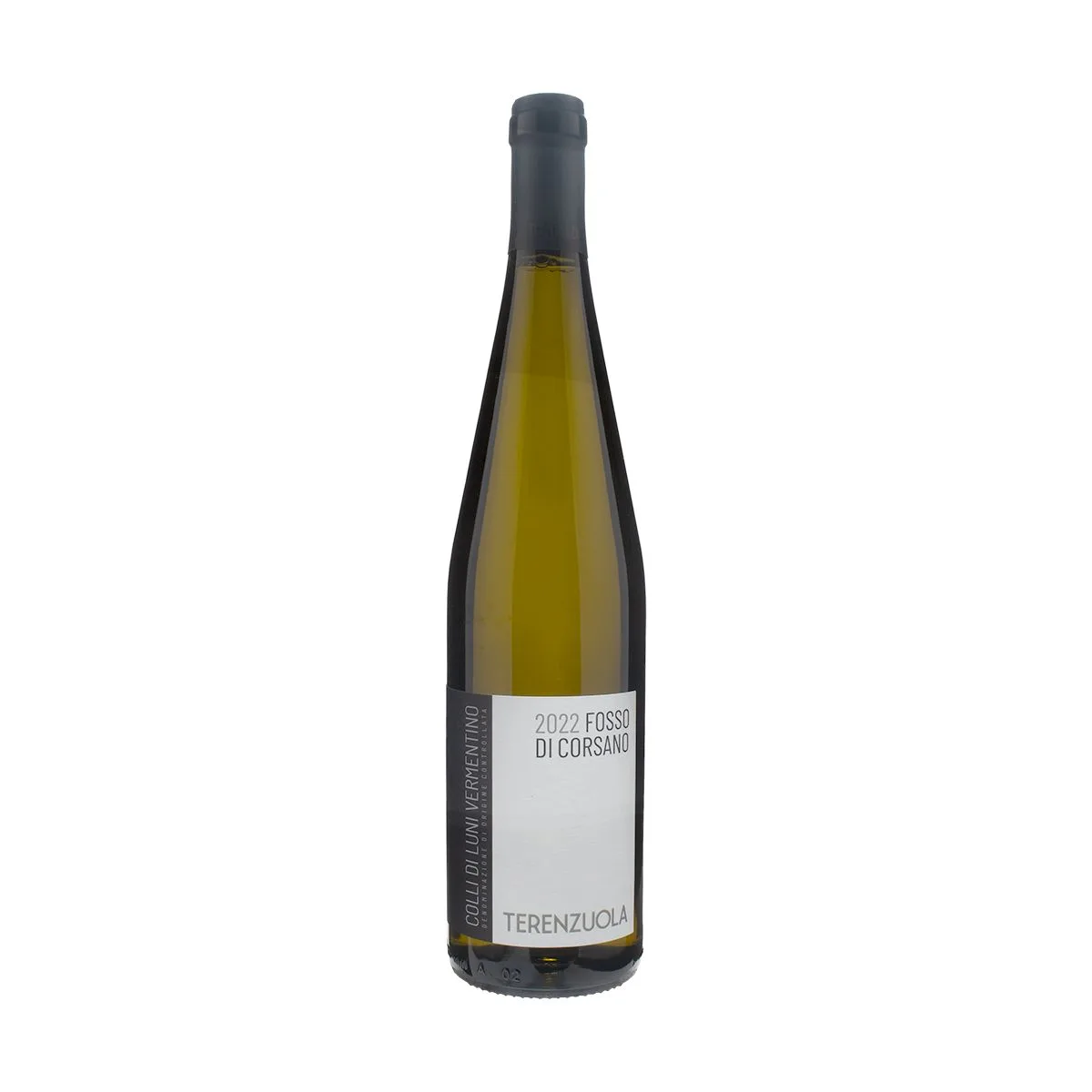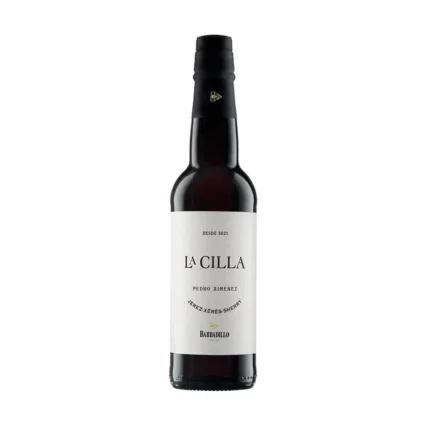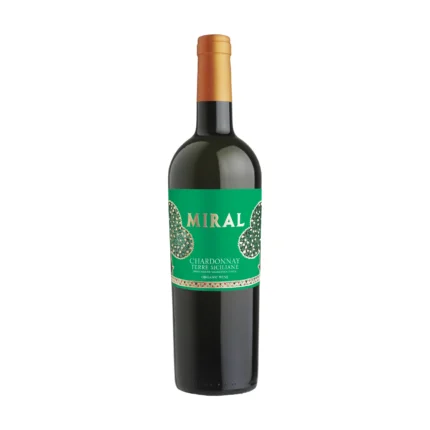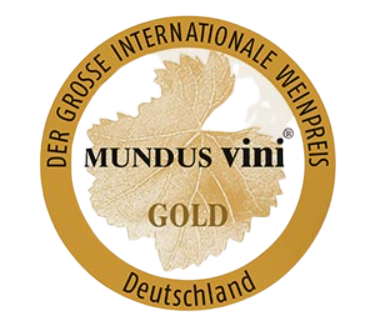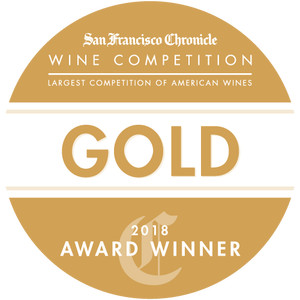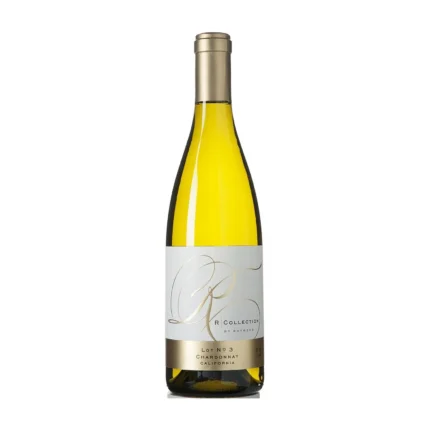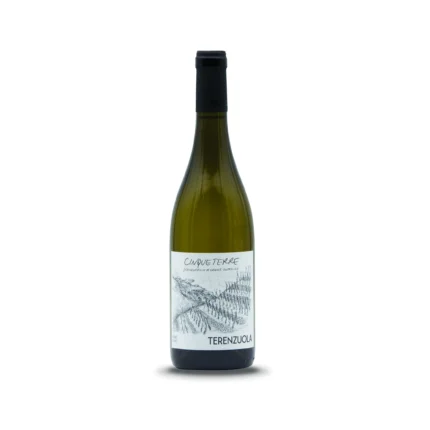Terenzuola Fosso di Corsano Vermentino Colli di Luni DOC 2022 14% vol.
18,40 € sis. KM
NB! The prices on the website are valid only in the e-shop. These are the best prices! Prices of online store products may differ from store prices.
|
|
Sulphites |
|---|---|
|
|
14% |
|
|
0.75L |
|
|
Italy |
|
|
Colli di Luni DOC |
|
|
Tuscany |
|
|
Terenzuola |
|
|
White |
|
|
Vermentino/Rolle |
The agricultural company was founded in 1993, by Ivan Giuliani, who inherited the farm previously purchased in the 1930s from his grandfather. The spark for this profession was ignited after 1995. At the end of his military service in Friuli, in the midst of vineyards and winemakers who passed on to him their attachment to their land and the best winemaking techniques, Ivan decided that this would be the metier of his life. It is located in Fosdinovo, in the province of Massa, in the northernmost tongue of Tuscany. The company covers about 20 hectares located between Luni, Candia, Cinque Terre and Lunigiana. The harvest is carried out manually and late, so that the grapes achieve a perfect balance between sugars, acidity, polyphenols and aromas. It is wonderful to know that the vines, as many as 8500 per hectare, are planted in this way to make them compete with each other so that the search for food takes place ever deeper. The plant will be stronger and less in need of care.
Winemaking
Obtained from the estate’s highest altitude vineyards, between 250 and 370 metres above sea level, located amphitheatrically around the Corsano stream, and planted solely with mass selections of the Vermentino grape, known as ‘red-stemmed’. The soils of these 5 hectares are composed of sandstone schists with a pH among the lowest in Italy, predisposing the wines to long ageing. Harvesting is carried out, manually and in stages, from mid-September until mid-October, with a yield of 70 qli/ha. Grapes are received in the cellar by gravity and are made using inertisation systems to reduce stress on the grapes until arrival at the press. After cold maceration in the press or in tanks, the duration of which depends on the vintage, the grapes are left in cold static decantation and fermented in steel. The following 7 months of refinement, on its own yeasts, further complexifies the wine obtained. Fosso di Corsano is generally bottled in mid-April and is ready for the market after at least 40 days in the bottle. The full ripeness of the Vermentino grapes, obtained at high altitudes, makes it possible to obtain a wine that is fully enjoyable from bottling, but which reaches its characteristics as a great wine 2 to 10 years after harvesting. About 30,000 bottles are produced each year.
Tasting notes
Recommended serving temperature: 16° — 18°C
|
|
Sulphites |
|---|---|
|
|
14% |
|
|
0.75L |
|
|
Italy |
|
|
Colli di Luni DOC |
|
|
Tuscany |
|
|
Terenzuola |
|
|
White |
|
|
Vermentino/Rolle |
